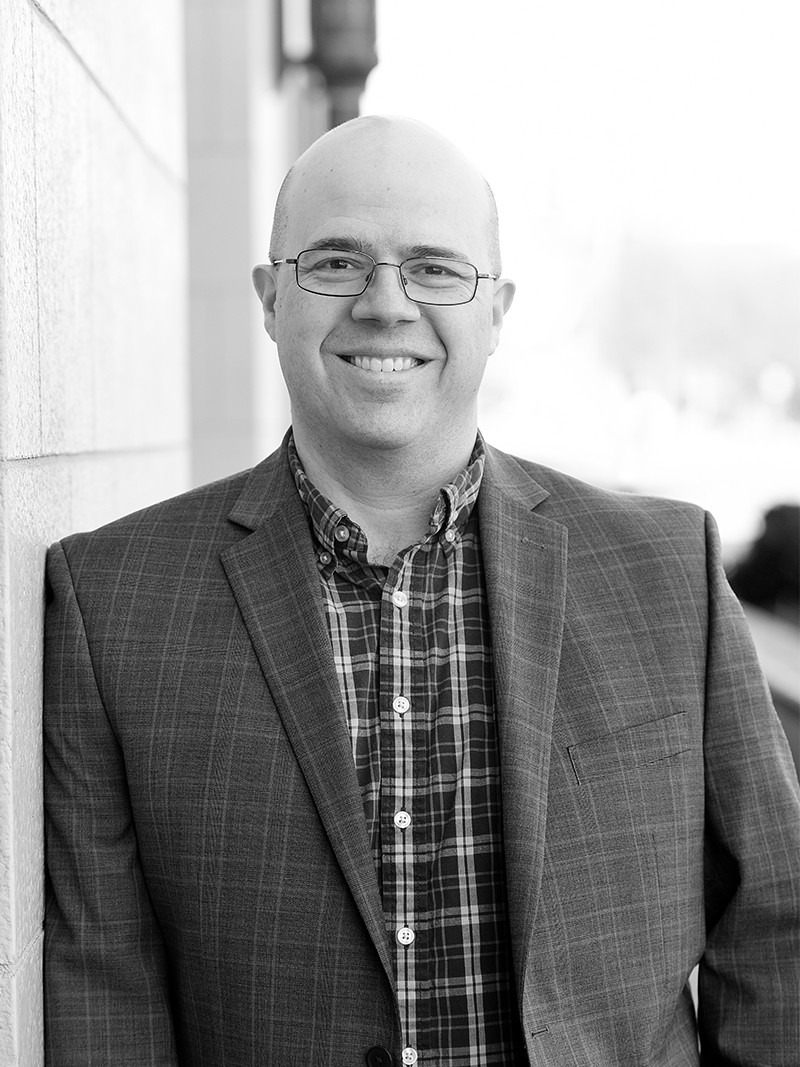The concept of work/life balance implies an either-or competition between the two. You are either working or you are living. If you think about it, that’s a pretty morbid way to consider our time at work.
A healthier perspective is to consider the construct of work/life integration. This framework allows us to take a more holistic perspective on the work, home, family, community, personal well-being, spiritual, and health aspects of our lives.
When we are working and consider the ways we can fulfill larger purposes than ourselves, solve problems, serve others, build relationships, enjoy moments – we are living. Aren’t we?
Healthy Boundaries
Each of us certainly needs to care for our own personal, spiritual, emotional, physical, and relational well-being. How we integrate these aspects throughout our days will look different for each one of us. And it will invariably be different on any given day. Especially now.
We certainly need to set healthy boundaries with regards to our work activities. That’s perhaps even more true now, with many of us working from home as well as with essential workers on the front lines. I’m not suggesting otherwise.
Yet, setting healthy boundaries is true for everything – not just work. I challenge the notion that any of the boundaries we set around work ought to insinuate that for half of our day, we are no longer in our life. That’s absurd, right?
Words Create Worlds and Affect Resilience
On first blush, you might consider this assertion that we discard “work/life balance” from our vocabulary as trivial semantics. But the words and thoughts we place around them matter. They matter deeply. They infuse themselves into our subconscious, permeate our psyche, and ultimately influence how we experience our socially-constructed world.
I know that the phrase “work/life balance” is well-intentioned. But that’s beside the point. In my opinion, it’s misinformed. It’s analogous to praising a child for being smart versus praising them for effort. Research has demonstrated that this common-practice, while well-intentioned, actually is detrimental to children’s development of resilience.
I posit that our traditional thinking about work/life balance similarly affects our own resilience. It seduces us into subconsciously putting a big black-box around half of our life that robs us of our capacity to achieve a greater sense of synergy and meaningfulness.
Mindful Work, Meaningful Work
It’s important to be mindful of how we integrate the various aspects of our lives together. Because everything we do up until the point of our death is living. We don’t, or at least we shouldn’t, pause living when we go into work.
Optimally, we love our work and find it meaningful. But even if we are in a job that primarily provides for sustenance, I believe we do ourselves a disservice when we hold onto the perspective of trying to achieve work/life balance because it insinuates that we ought to be flipping a binary “on/off” switch.
Navigating the New “Normal”
This pandemic has caused us to contemplate much in our lives. It has also caused us as a society to drop much of the facade we customarily have placed on our own humanity in work contexts. For the better, I would argue.
As we continue to evolve into our collective new “normal”, these work/life questions are as timely as ever to consider. As you reflect on your own life and vocation, if the “work/life integration” framework is new to you, I encourage you to discard the “work/life balance” framework and try this alternate perspective on for size.
Be mindful of your activities, inside and outside of work, and assess what seems to be working well for you, how work is integrating with your whole life, and what might warrant adjustment. And live into your whole days.

Patrick Farran
Co-founder and CEO
Learn more about Patrick here.
Are You Leading For Peak Performance?
Are you interested in learning how to lead your business through positive change? Click here to schedule an appointment.


